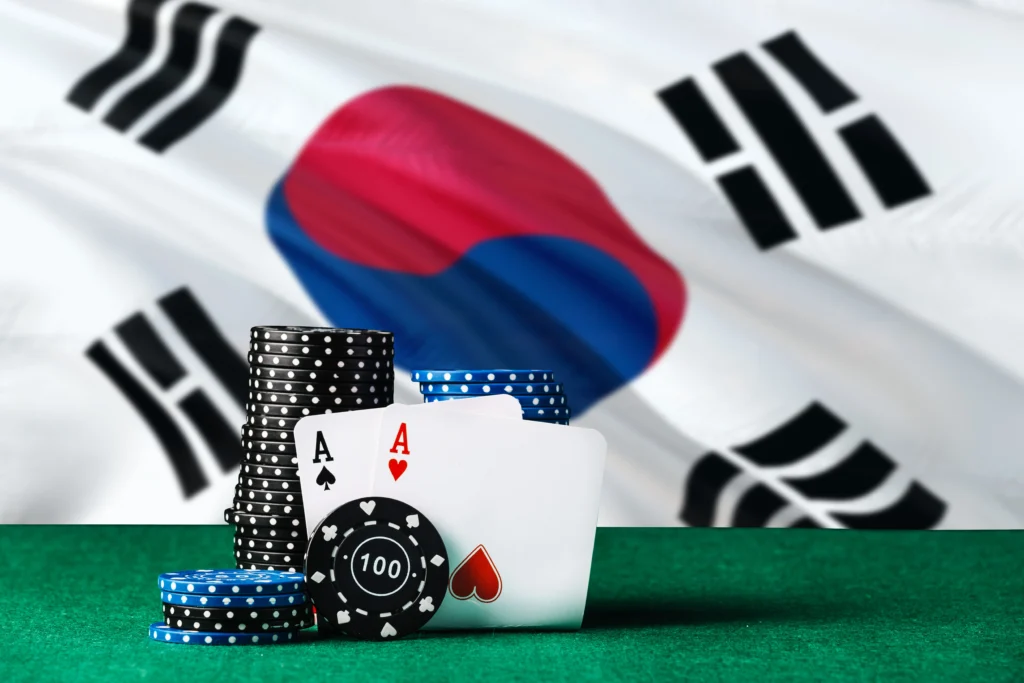
A growing number of tourism and gaming industry experts are calling on South Korea to establish a unified regulatory framework for its casino sector, arguing that fragmented oversight is constraining growth and weakening the nation’s appeal as a regional tourism hub. Speaking at a recent policy forum organized by The Korea Times Global Business Club, academics, tourism strategists, and industry veterans urged the government to consider creating a centralized gaming authority similar to Singapore’s Casino Regulatory Authority (CRA) or Japan’s Casino Administration Committee.
Currently, South Korea’s 17 foreigner-only casinos—alongside Kangwon Land, the only property open to local residents—are regulated by multiple agencies, including the Ministry of Culture, Sports and Tourism (MCST) and the National Gambling Control Commission (NGCC). Experts say this decentralised structure leads to inconsistent standards in licensing, compliance, taxation, and responsible-gaming measures. Tourism economist Park Sung-ho of Hanyang University told local media that “Korea’s gaming oversight remains overly bureaucratic,” stressing that “a single, accountable regulator is essential if the country wants to compete with Macau, Singapore, or Japan’s upcoming integrated resorts.”

The urgency for reform is being driven by regional competition. Japan’s first integrated resort, the MGM Osaka project set to open in 2030, is widely expected to attract millions of international visitors—including a sizable number of South Koreans. Analysts project that up to 7.6 million Koreans could travel to Japan annually once its IRs open, a potential outflow worth billions of won in tourism and gaming revenue. Meanwhile, Macau’s post-pandemic recovery and the Philippines’ booming Entertainment City market have raised the bar for Asia-Pacific casino tourism. As gaming consultant Kim Jin-woo explained, “While our neighbors are strengthening their IR ecosystems, South Korea’s industry still operates under 20-year-old frameworks designed for small-scale casinos, not globally competitive resorts.”

Despite these challenges, the casino sector remains an important contributor to the economy. According to the Korea Casino Association, foreigner-only casinos generated approximately KRW 3.23 trillion (US $2.3 billion) in gross gaming revenue in 2024—an 18.3 percent year-on-year increase as inbound tourism rebounded. Kangwon Land alone accounted for nearly half that figure. Yet experts warn that without policy modernization, future gains could plateau. Calls are growing for regulatory consolidation, a clearer licensing roadmap for future integrated resorts, and incentives to attract foreign investment.
In addition to regulatory reform, experts advocate expanding the industry’s vision beyond gaming. The consensus is that Korea’s integrated resorts should evolve into lifestyle destinations combining culture, wellness, conventions, and entertainment—mirroring global trends. Professor Lee Eun-sook of Yonsei University proposed that “IRs in Incheon, Jeju, or Busan must reflect Korea’s cultural identity while incorporating digital entertainment and K-content experiences.” Policymakers are also considering measured relaxation of domestic access restrictions, allowing controlled entry for Korean nationals under strict responsible-gaming protocols. As noted by the NGCC, a unified and transparent framework would enhance investor confidence and align casino regulation with the nation’s broader tourism-development blueprint.
Overall, the discussion underscores a pivotal moment for South Korea’s casino industry. With rising competition across Asia and an evolving post-pandemic tourism landscape, experts agree that unifying regulatory oversight and redefining the role of gaming within national tourism policy are crucial to ensuring the sector’s sustainable growth and global relevance.

 Content Writer: Janice Chew • Tuesday, 25/10/2025 - 16:04:54 - PM
Content Writer: Janice Chew • Tuesday, 25/10/2025 - 16:04:54 - PM